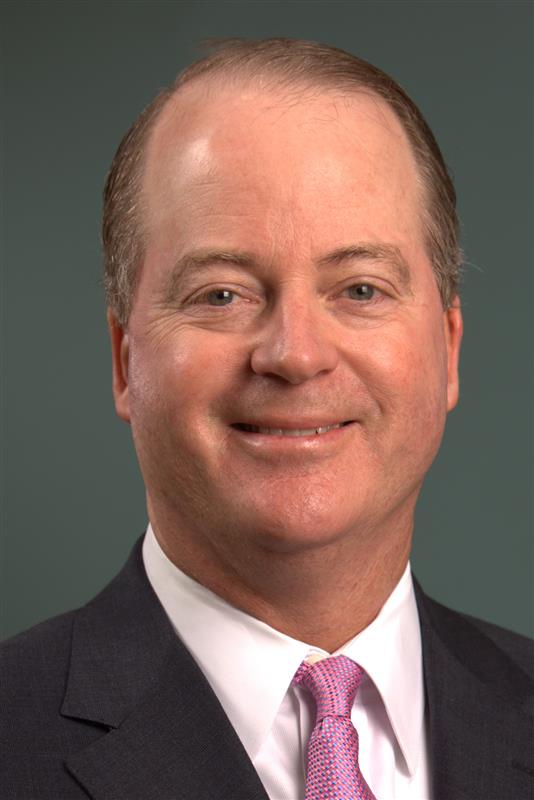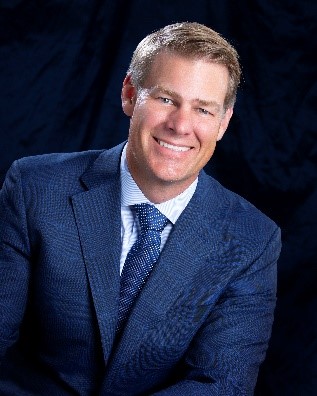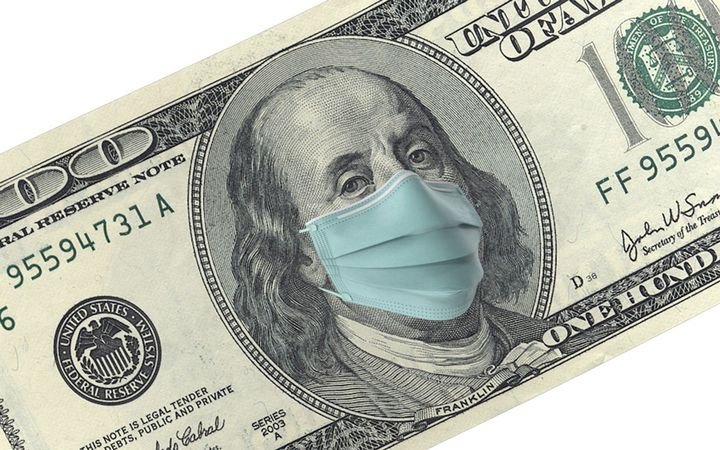With an unprecedented crisis, comes unique aid. Many small business owners, lenders, and business consultants are attempting to navigate nuances in the CARES Act, a coronavirus relief package passed at the close of March, in an attempt to mitigate losses, begin to recover and plan for the future.
To date, Dallas’ Vertiex Community Bank has received over one thousand small business assistance applications and processed more than half as many.
“The most important thing to remember is that the banks are receiving the rules of the program at the same time as business owners,” said Malcolm Holland, CEO of Dallas’ Veritex Community Bank. “As updates are made to the program, we must modify our process and do so in short order.”

Knowing which loan lends itself to which financial situation, what application materials are needed, and how long it will take to process an application have proven to be challenging for all parties involved in this new, high-volume relief effort.
The act provides two primary relief options for small businesses: The Payroll Protection Plan (PPP) and Economic Injury and Disaster Loans (EILD). Both offer substantial earmarked funding, but the PPP has arguably received more media attention.
“Most attention has been focused on the triple-p program, Payroll Protection Program, because it’s all over the news about funding, how fast things are releasing the money,” said managing partner at Anderson Business Advisors, Clint Coons, Esq.

The PPP provides eight weeks of payroll expenses to small business owners with fewer than 500 employees—a great relief to many local entrepreneurs and starters. Interest rates are low, and no payments are required for six months.
“If the loan is used as intended and the business provides the supporting documentation, it is likely these small businesses will never make a payment on the loan, and it will essentially convert to a grant,” said Holland.
The key is that the loan must be used as intended. Coons cautions against applying for the program simply based on the amount of funding available and media attention. Instead, businesses should evaluate whether this funding, which is earmarked specifically for their payroll costs, is their best option. There are consequences if funds are misused.
If a business has already laid staff off, the PPP often is not their best financial relief option.
“If you apply for this program and take this money, then you have to rehire [your team],” Coons said. “But if you have nothing for them to do, and they’re already receiving money [in the form of unemployment], does that make the most sense for you to go and hire people to work for you?”
If a small business owner accepts PPP funding and does not use it to pay staff members currently on their payroll, the money becomes a loan they must repay—not the grant-type aid that Holland describes.
“It makes more sense for you to wait if you don’t anticipate that you’re going to be hiring people until May or June,” Coons said.
Businesses can apply for the PPP until June 30.
Those who do wait run the risk of the program running out of money, but they can opt for employee tax credits under the CARES Act instead. This option provides $5,000 of tax credit per employee and is available until the close of 2020.
“[The employee tax credit] is different than a tax deduction,” said Coons. “It is dollar for dollar.” That means a business with ten employees would collect $50,000 dollars. If they owe $50,000 to the IRS at year’s end, the credit wipes those taxes out entirely.
Economic Injury and Disaster loans provide another option for small businesses that have already made extensive staffing cuts. These loans of up to $200,000 are meant to cover expenses incurred as a direct result of COVID-19, such as equipment, professional development, or rent for planned expansions that could not open due to Coronavirus. Business owners who apply for these loans receive a $10,000 emergency grant within 72 hours of their application as well.
“Something that we’ve told our clients is that if you’re looking at making an expenditure now, as a result of this, do not use your own money,” Coons said. “Use the EIDL money. Keep your own money off to the side and use the funds that have been provided by the federal government for these types of purchases.”
Small Business Aid in Dallas
For those business owners for whom the PPP does make sense, desperation is fueling expediency. Jason Craven, president and CEO of Southern Botanical, a landscaping service with clients such as SMU and the Bush Center, said his fellow local business owners are wasting no time, and many have already received funding.

“Every business person I know has been eager to get the application in,” he said. “Most were working feverishly when [the application] opened up.” Southern Botanical applied for the aid as well and received funding within a week.
The owner of an essential business whose demand is slowly declining, Craven hopes to be able to offer his team long-term financial security soon. He has not had to lay off any of his roughly 280 employees but has taken an increasing financial hit as quarantine wears on, and clients look to cut costs.
Many of Craven’s local small business peers experienced a streamlined application process and quick receipt of funds, but this is not the case for everyone, according to Coons. Larger banks, he says, are taking longer to fund small businesses locally.
“When you’re dealing with the banks, the community lenders are doing a much better job than the national banks—the Chase, the Wells Fargo, the Bank of America—of getting their businesses funded because they have that local connection with people,” Coons said. At the time we spoke, Coons had not consulted a single client who had received funding through a larger bank.
But that may not mean small business owners should apply outside of the bank where they already have an account.
“Business owners should first go their primary bank to expedite the process as there are fewer steps for existing bank clients, which results in faster processing of the PPP loan,” said Holland.
Documentation Delays
Documentation can also slow down the PPP application process. To cover the risks involved with SBA reimbursement, banks often ask for additional documentation beyond the SBA form needed, according to Coons.
“Lenders are asking for more information than what is required under the CARES Act because they’re the ones issuing out the loans with their money,” he said. “If you’re going to apply for the loan, you need to have a complete loan packet.”
Holland echoes the importance of providing supporting documentation when applying.
“If you have the proper supporting documents, [the application] can be completed in less than 30 minutes,” he said. “Depending on your situation, several supporting documents may be necessary. Notably, documentation supporting average monthly payroll.”
Other documents could include the LLC Certificate of Formation and Operating Agreement, W3s, 940s, and 941s, according to Coons. Holland notes special cases where the eligibility process cannot be automated.
“There are some industries that require a subject matter expert to assist the client in determining if they qualify under the SBA ruling,” he said.
Looking ahead, Holland emphasizes a need for teamwork in the financial sector.
“This program is all about speed of delivery. It will take all banks—small and large—doing their part for their customer base in order for this to be a success.” Coons remains optimistic. “The difference now is that the aid has been specifically targeted much quicker to help prop up the economy than they had say back in 2008,” he said.





